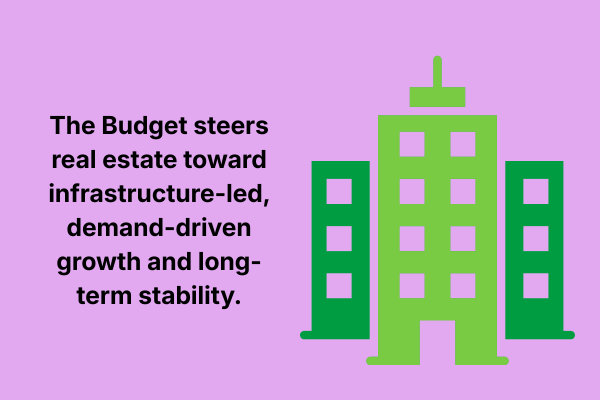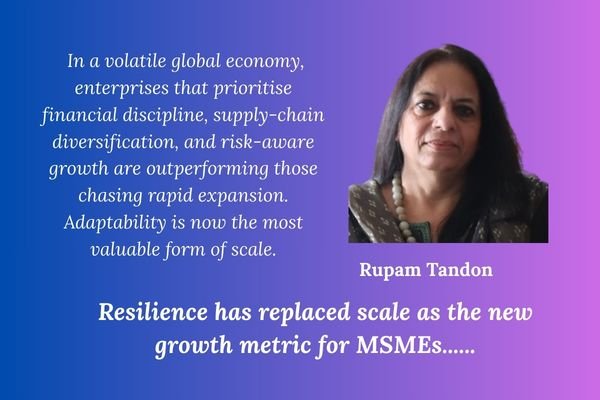the project “Aligning the Financial Flows of Costa Rican Financial Sector with the Climate Change Objectives of the Paris Agreement” was presented in the Costa Rican capital, to support Costa Rica’s goal of achieving zero-emissions by 2050. The institutions involved in this initiative are the United Nations Environment Programme (UNEP), its Finance Initiative (UNEP FI), and the European Commission, along with the Ministry of Environment and Energy (MINAE), the General Superintendency of Financial Entities (Sugef), the General Superintendency of Securities (Sugeval), the Superintendency of Pensions (Supen), the General Superintendency of Insurance (Sugese), and the Central Bank of Costa Rica (BCCR).
The initiative aims to develop a national taxonomy of sustainable finance and support its implementation in the financial sector. At the same time, it will create a framework to map, quantify, and disclose climate-related financial risks. These methodologies and tools will also be tested in the portfolios of banks and insurers to assess their exposure to these risks and define mitigation strategies. In this way, the Costa Rican financial sector will be provided with the necessary guidance structure to mobilize private capital towards a low-emissions and climate-resilient economy and to strengthen its capacity to adapt to the effects of climate change.
“The UNEP Regional Office for Latin America and the Caribbean, along with UNEP FI, within the framework of this initiative, will support national authorities and the private financial sector in a joint effort to redirect financial flows towards a low-emission and climate-resilient economy aligned with the Paris Agreement”, said Piedad Martin, Deputy Regional Director of UNEP for Latin America and the Caribbean.
A significant private investment component will be necessary for Costa Rica to achieve net-zero emissions by 2050. Costa Rica’s taxonomy of sustainable finance seeks to guide private investment toward the required economic activities to achieve this goal. Costa Rican authorities will develop the taxonomy to provide standardized, science-based, and internationally harmonized criteria on which environmentally sustainable investments and economic activities can be considered.
The taxonomy aims to provide certainty to investors, prevent greenwashing, support the growth of national green financial markets, and increase the country’s attractiveness for international investors. In this way, “taxonomy will favor transparency and create a favorable environment for investments in sustainable finance,” said Enid Chaverri, Director of International Affairs at the Ministry of Environment and Energy (MINAE) of Costa Rica. “This will help quantify and reduce the financial gap to achieve the objectives of addressing climate change through the definition of public-private climate financing strategies,” the senior official added.
Katja de Sadeleer, Head of Political Affairs and First Counsellor at the Delegation of the European Union in Costa Rica, said that “while local specificities must be considered, ensuring comparability and interoperability of taxonomies across different jurisdictions provides credibility, integrity, and transparency to the market, allowing the mobilization of cross-border capital flows.”
At the same time, due to its geographical location, Costa Rica is highly exposed to risks associated with climate change. Official estimates show that, in the last three decades, the fiscal cost of the direct effects of extreme hydro-meteorological disasters varied between 0.3% and 1.7% of GDP per year, mainly concerning the repair and reconstruction of damaged infrastructure. Rocío Aguilar, Superintendent of the General Superintendence of Financial Entities (Sugef) and the Superintendence of Pensions (Supen), explained that “investments in climate-friendly projects are a great opportunity for financial institutions, as these investments tend to perform better. However, climate change poses several risks, such as increased loan defaults in areas affected by extreme weather events. Monitoring data on climate flows and risks will help us better identify them and visualize the financial sector’s contribution to national climate goals.”
In this sense, financial regulators and supervisors – Sugef, Sugeval, Supen, and Sugese -, who play a fundamental role in safeguarding the macroeconomic and financial stability of the country, are making great efforts to strengthen the resilience of the Costa Rican financial sector to climate change.
“The initiative will play a key role in building knowledge and capacity for national supervisors and financial institutions in climate stress testing. Its results will promote effective management of climate risks in the Costa Rican financial system,” added Tomás Soley, Superintendent of the General Superintendence of Insurance (Sugese) and the General Superintendence of Securities (Sugeval).
Author Profile
Latest entries
 Business2 January 2026Rungta Tea Marks 24 Years with 92% Distributor Retention, Outlines Ambitious Expansion
Business2 January 2026Rungta Tea Marks 24 Years with 92% Distributor Retention, Outlines Ambitious Expansion Business18 October 2025Start Your Drone Business: Aquiline Drones Franchise Program for Veterans
Business18 October 2025Start Your Drone Business: Aquiline Drones Franchise Program for Veterans Doing business3 June 2025India’s Q-Commerce Growth Underscores Market-Driven Innovation: Siddharth Shankar
Doing business3 June 2025India’s Q-Commerce Growth Underscores Market-Driven Innovation: Siddharth Shankar Business15 May 2025World MSME Day: A Global Commemoration of Entrepreneurial Vitality
Business15 May 2025World MSME Day: A Global Commemoration of Entrepreneurial Vitality








